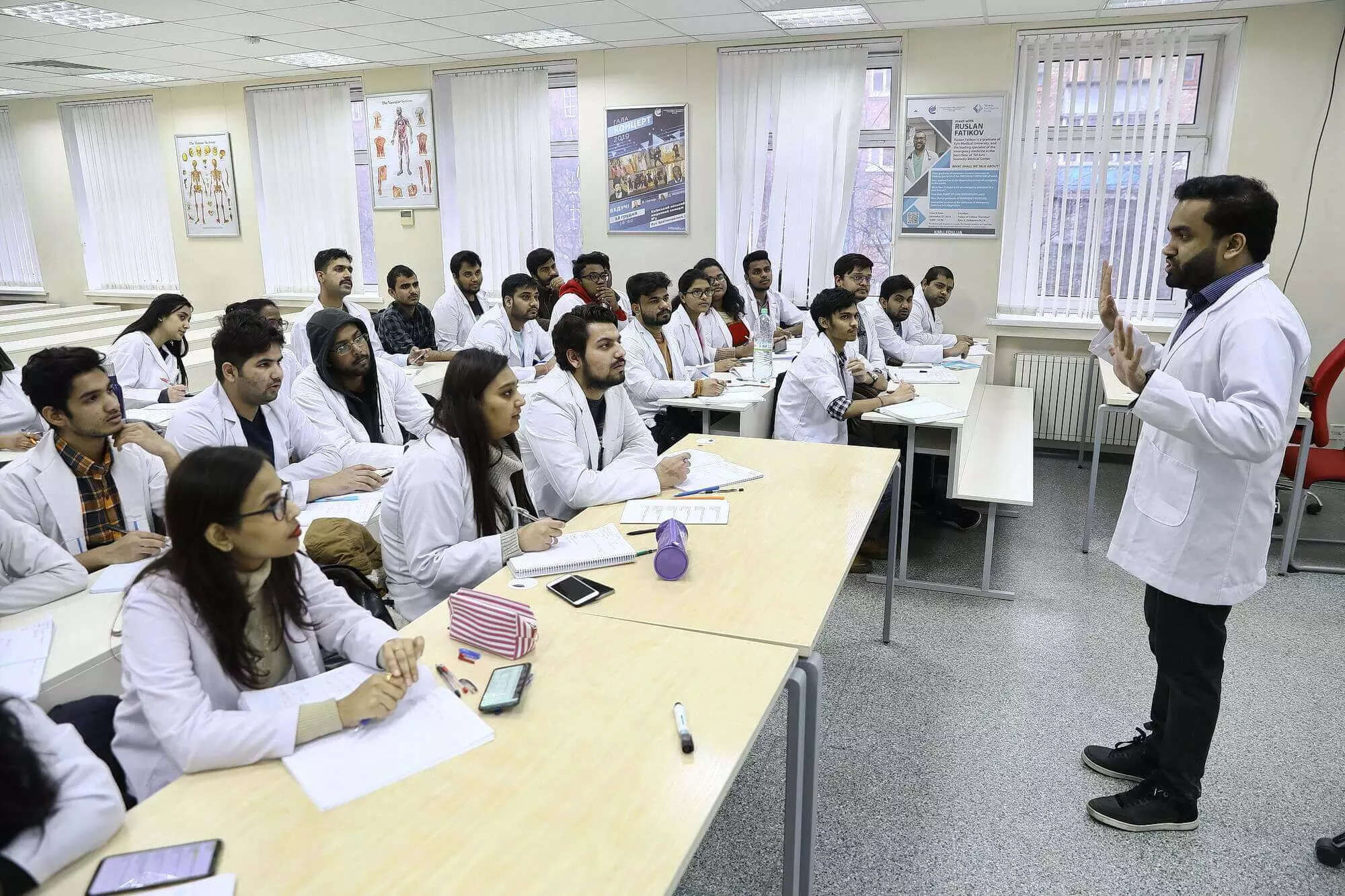
Mumbai: The state’s plan to start 10 new medical colleges and add 1,000 MBBS seats this year could hit a roadblock as the majority received unfavourable feedback from National Medical Commission (NMC) at last week’s inspections. Of 10 proposed colleges, three or four, including one proposed at GT Hospital, Fort, hope to make the cut, while others may have to wait at least a year.
The NMC, responsible for approving and regulating medical education in India, identified shortcomings in faculty, infrastructure and equipment at some of the colleges during physical inspections last Monday, followed by online interaction on Friday. “The shortcomings cast doubt on whether all colleges will be able to meet NMC’s requirement to start this year,” confirmed a state official. The colleges expect to receive letters this week that decide if they can start as planned or if they must make improvements and re-apply.
A dean at a proposed college said some were given early indication of rejection during video interaction last Friday. “The NMC found only the dean recruited at one institute, with teachers yet to be hired,” he said. Many lacked college buildings, faculty, hostels, libraries with books, furniture and equipment. For instance, the NMC team raised doubt about the Ambernath college that has integrated four hospitals to meet minimum bed strength requirement. While this is a temporary arrangement until the college building is completed, NMC found it unfeasible, said sources.
“NMC felt bare essentials were missing in most,” said another dean, who did not want to be named. He said NMC was not impressed by lack of basic attendance tracking systems. “Biometrics weren’t installed in several colleges,” the dean added.
In the proposed list of ten, MMR is slated to have two colleges: one in Mumbai (operating out of GT and Cama hospital campuses) and another in Ambernath. Also, new medical colleges are planned in Bhandara, Buldhana, Washim, and Amravati in Vidarbha region; Jalna and Hingoli in Marathwada region; and Nashik and Gadchiroli. Each college will offer 100 MBBS seats. The new institutions are central to the state’s plan to have at least one medical college in all 36 districts.
A state official, however, said approvals rarely come after one inspection in the process of setting up a medical college. “Once deficiencies are identified, we will make necessary corrections and re-apply,” the official said. Highlighting the contrast, the official said the state has 5,000 MBBS seats in the private sector, where many colleges face challenges with faculty and patient load but still obtain permission easily. “Even if approvals are delayed this year, they will be secured in 1-2 years as the government has made budget allocations,” he added.
The state has 25 government medical colleges offering a total of 3,950 MBBS seats. While the state aimed to add 1,000 seats, the effective increase may only reach 300 or 400 if approval is granted to just three or four new colleges.
While the state started nine new medical colleges between 2014 and 2023, many are facing teething challenges with faculty and hostels, raising questions on the quality of education imparted.






